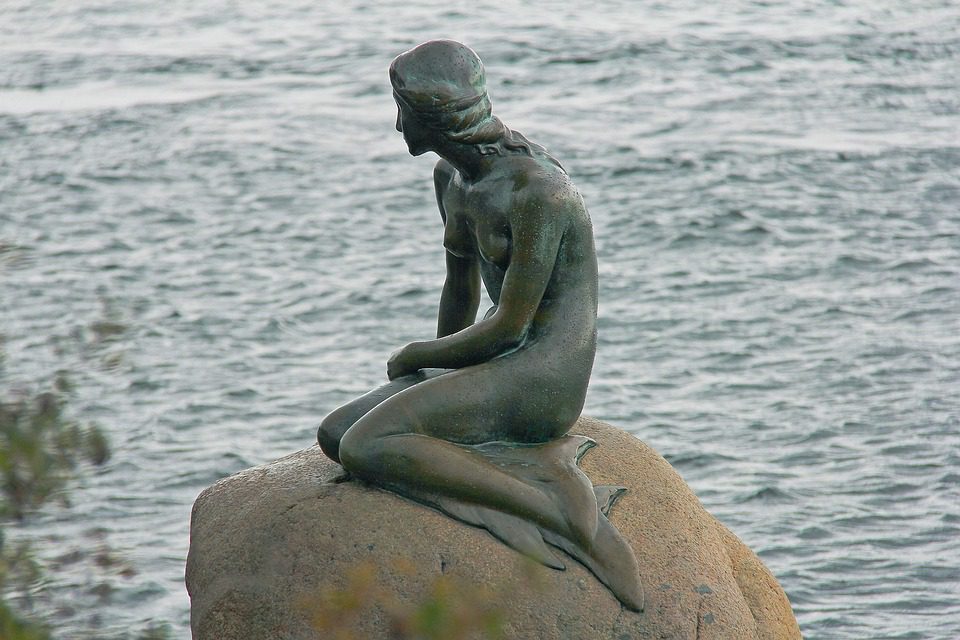
On Tuesday, December 14th, the leader of the Danish Social Democrats, Mette Frederiksen, announced a new coalition government. Politico.eu reports that the new government is “bipartisan” and breaks the Left-Right divide in Danish politics.
The technically tri-partisan government, which consists of the Social Democrats and the two centrist liberal parties Venstre and Moderaterne, announced its intentions on Wednesday. According to public broadcaster Danmarks Radio, the coalition has published a 60-page document covering all policy areas where it plans reforms.
At the top of their list of priorities is a tax reform with a more generous general exemption for all taxpayers and steeper marginal income taxes. The income tax rate will be lowered for earnings between DKK618,370 (€83,135) and DKK750,000 (€100,832). A new, higher bracket will be introduced for incomes above DKK2,500,000 (€336,000).
As compensation, the new coalition is planning for two new climate taxes, one on agriculture and one on air travel.
One of the coalition partners, Venstre, has successfully negotiated a new reform in public education. The previous government introduced a heavily criticized socio-economic model for distributing students between secondary schools. Government has determined what schools children are to attend based on parental incomes.
The new government will replace the income component with student travel time instead, thus returning to a neighborhood-based school assignment system.
As part of Denmark’s long-standing ambitions to moderate immigration, the new government will work with the EU or other countries to establish a refugee processing center outside Europe. Resistance from left-wing parties kept the previous government from implementing such plans.
The new coalition is also planning to propose the cancellation of the Great Prayer Day as a national holiday. It was introduced in 1686 and has been celebrated on the Friday before the 4th Sunday after Easter.
